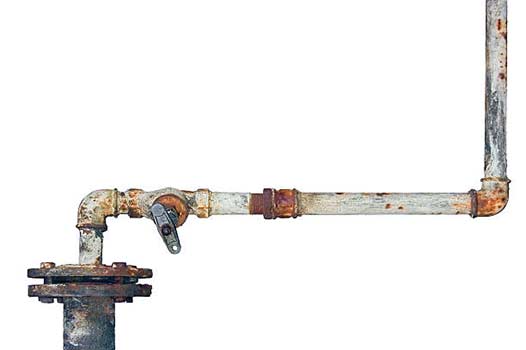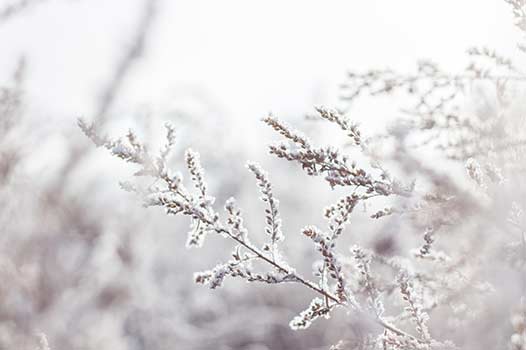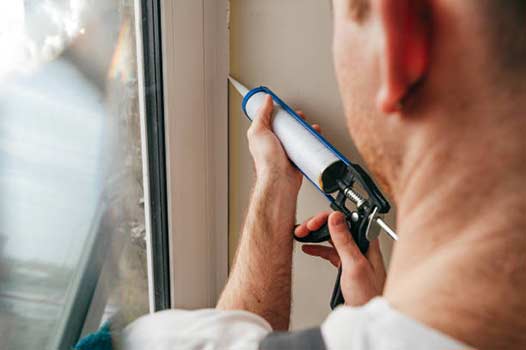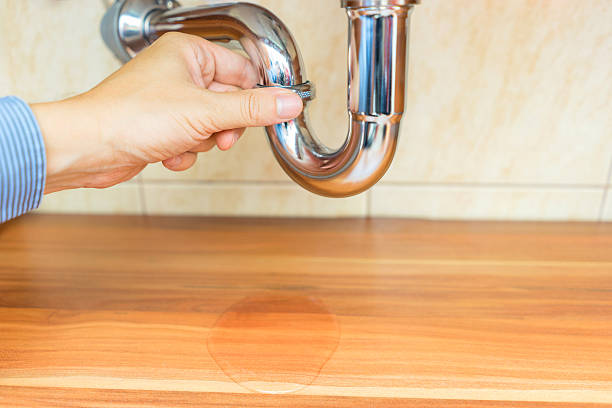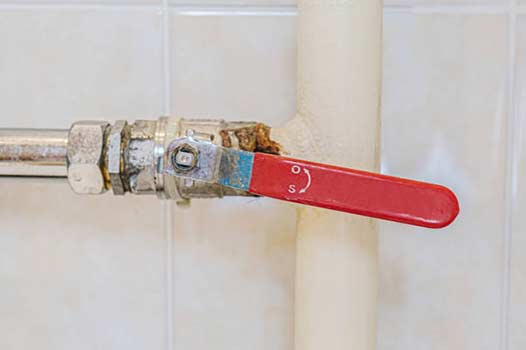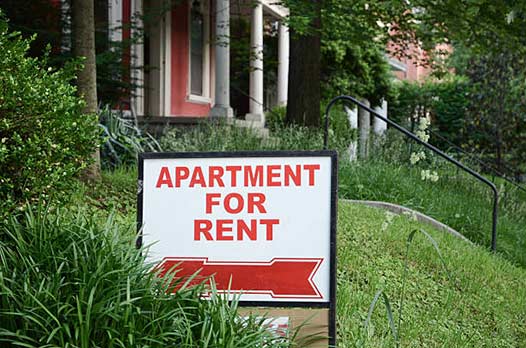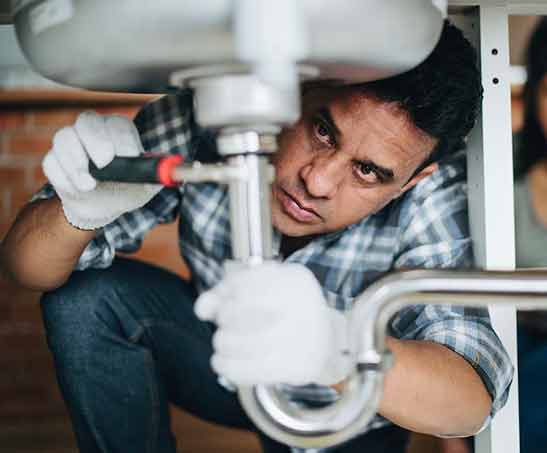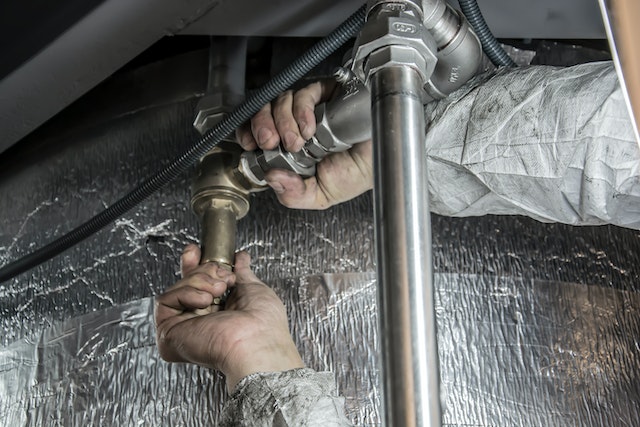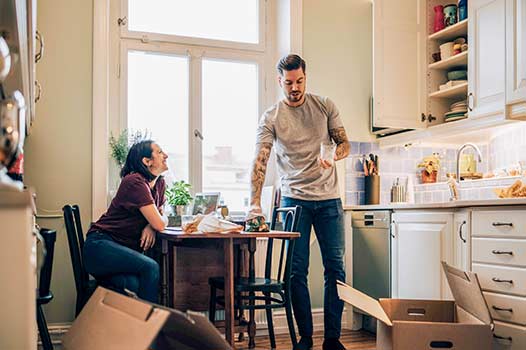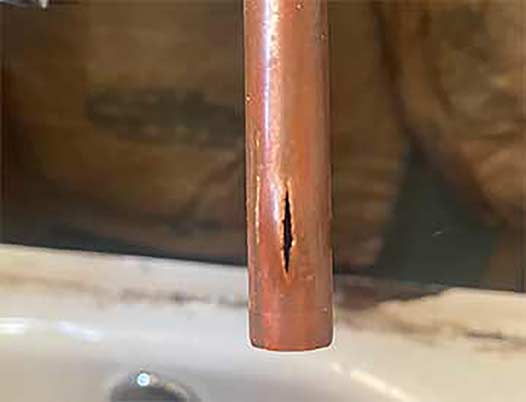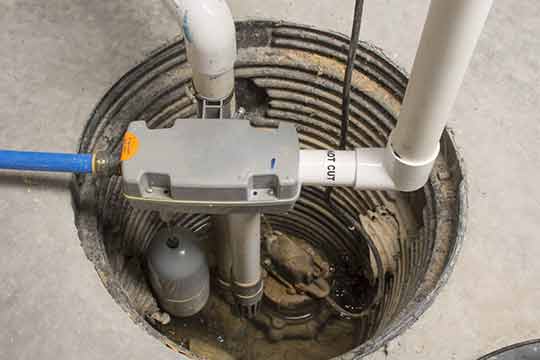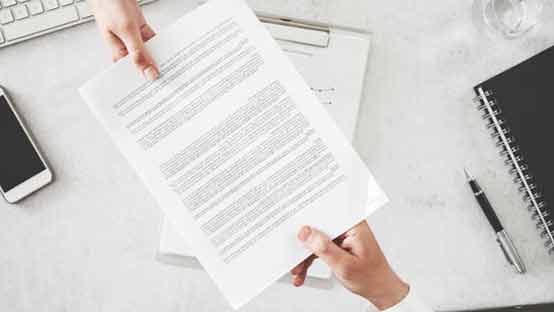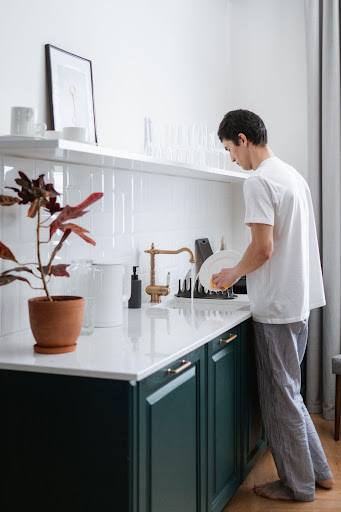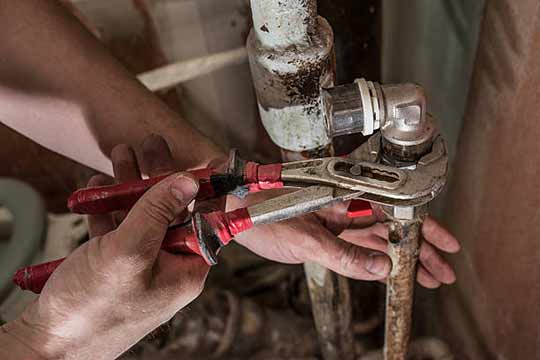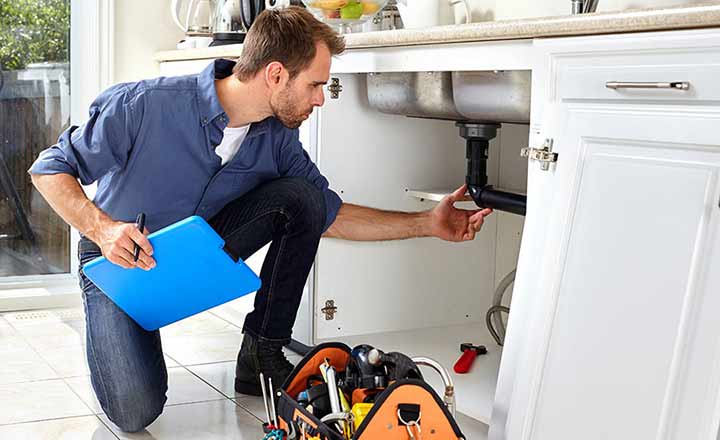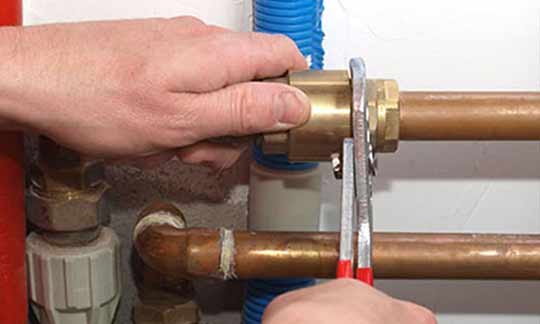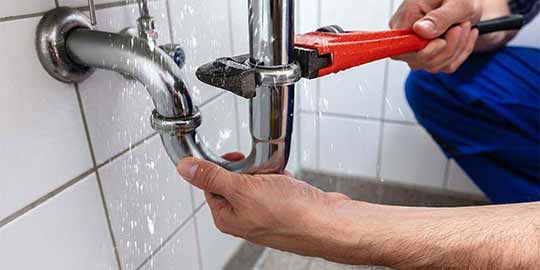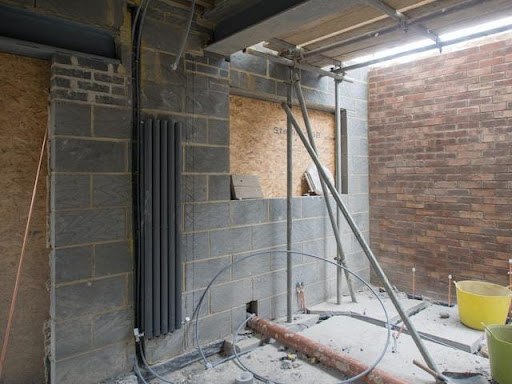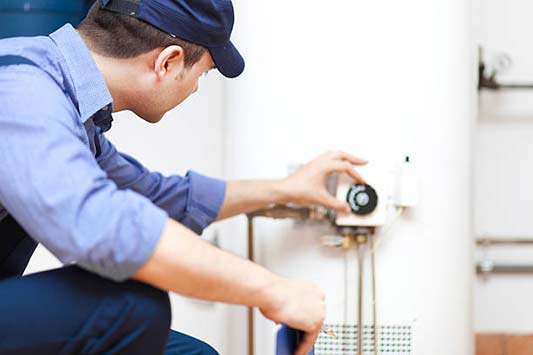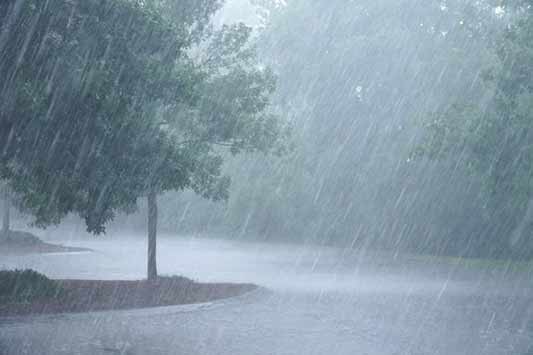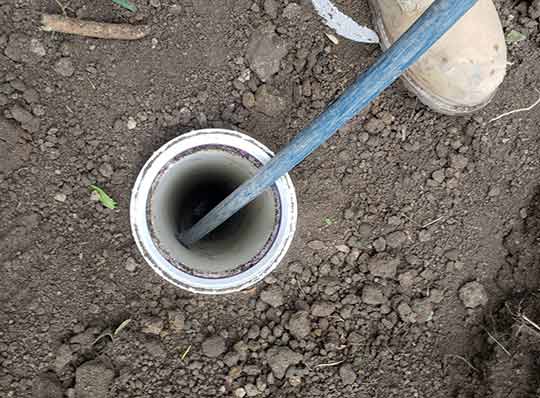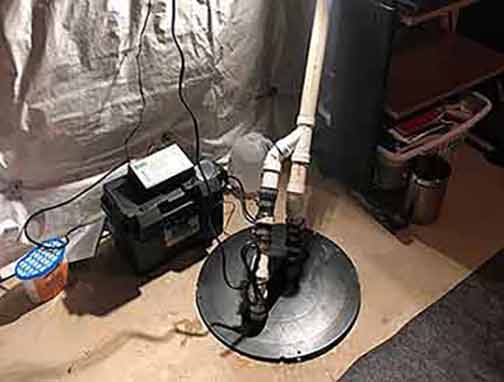As homeowners, we often overlook the signs of aging in our homes. While we may pay attention to the creaking floors and peeling paint, one aspect that is often neglected is the plumbing system. Our home’s plumbing system is crucial in providing us with clean water and removing waste efficiently.
In this comprehensive guide, we will explore the signs of aging in your home’s plumbing system. By familiarizing yourself with these signs, you can proactively address any issues and prevent potential disasters.
1. Corroded Pipes
One of the most common signs of aging in a plumbing system is corroded pipes. Over time, pipes can deteriorate due to various factors such as age, water quality, and chemical reactions within the pipes. This can lead to leaks, reduced water pressure, and even burst pipes.
If you notice discolored water, a metallic taste, or visible signs of corrosion on your pipes, it is crucial to address the issue promptly. Engaging the services of a professional plumber can help determine the extent of the corrosion and necessary repairs or replacements.
2. Reduced Water Pressure
Another sign that your home’s plumbing system is aging is reduced water pressure. If you once enjoyed strong, consistent water pressure and now notice a significant decrease, it could be an indication of underlying issues.
Several factors can contribute to reduced water pressure, including mineral buildup, clogged pipes, or leaky connections. A plumbing professional can assess the situation, identify the cause, and provide suitable solutions to restore optimal water pressure.
3. Leaky Fixtures
Leaky fixtures, such as faucets and showerheads, are not only annoying but also a sign of aging in your plumbing system. Ongoing leaks can waste gallons of water and lead to increased water bills. Ignoring these leaks can also result in more severe damage to your plumbing system.
If you notice drips or a constant flow of water from your fixtures, it is crucial to address the issue promptly. Tightening or replacing washers, seals, or cartridges can often solve minor leaks. However, for more significant leaks or underlying issues, it is best to consult a professional plumber for an accurate diagnosis and effective solutions.
4. Slow Draining
Slow draining is a common issue in aging plumbing systems and often indicates a blockage somewhere along the drainage system. This can be caused by a buildup of debris, hair, grease, or even tree roots infiltrating the pipes.
If you notice that sinks, showers, or toilets are taking longer to drain, it is essential to address the issue promptly. Using chemical drain cleaners may provide a temporary fix, but they can also cause further damage to your pipes. A professional plumber can use specialized equipment to identify the blockage and clear it effectively.
5. Strange Noises
Unusual noises coming from your plumbing system can be a cause for concern. If you hear banging, whistling, rattling, or gurgling sounds, it could indicate underlying issues such as water hammer, loose connections, or debris in the pipes.
While some noises may be harmless, continuous or loud sounds should not be ignored. A professional plumber can help identify the source of the noise and provide necessary repairs or replacements to prevent further damage.
6. Foul Odors
Foul odors emanating from your plumbing system can be unpleasant and may indicate a larger problem. Sewer gas leaks are often the cause of these odors and could be due to dried-out traps, cracked pipes, or sewer line issues.
If you notice persistent foul odors coming from your drains or other plumbing fixtures, it is crucial to seek professional assistance. A plumber can inspect your system and determine the source of the odor, ensuring proper repairs and prevention of future leaks.
7. Water Discoloration
If you turn on the tap and notice discolored water, it is a sign of aging in your plumbing system. Brown, yellow, or rusty water can indicate corroded pipes or sediment buildup within the plumbing system.
While water discoloration may not always be harmful to your health, it can stain fixtures, clothes, and affect the overall quality of your water. A professional plumber can assess the situation, identify the underlying cause, and recommend appropriate solutions to restore clean and clear water.
8. Frequent Plumbing Repairs
If you find yourself constantly calling a plumber to address various plumbing issues, it could be a sign of an aging system. While minor repairs are normal as homes age, an excessive need for repairs may indicate more significant problems in your plumbing system.
Regular maintenance and inspections by a professional plumber can help identify potential issues before they escalate, saving you from costly repairs down the line. A plumber can assess the overall condition of your plumbing system and recommend any necessary repairs or upgrades.
In Conclusion
Ignoring the signs of aging in your home’s plumbing system can lead to costly repairs, water damage, and inconvenience. By familiarizing yourself with these signs and addressing them promptly, you can ensure the longevity and efficiency of your plumbing system.
If you notice any of the signs mentioned in this comprehensive guide, it is advisable to consult a professional plumber. They have the expertise and knowledge to assess your plumbing system, provide accurate diagnostics, and implement the necessary repairs or replacements.
Remember, a well-maintained plumbing system not only ensures the comfort and functionality of your home but also contributes to the overall value and longevity of your property.
